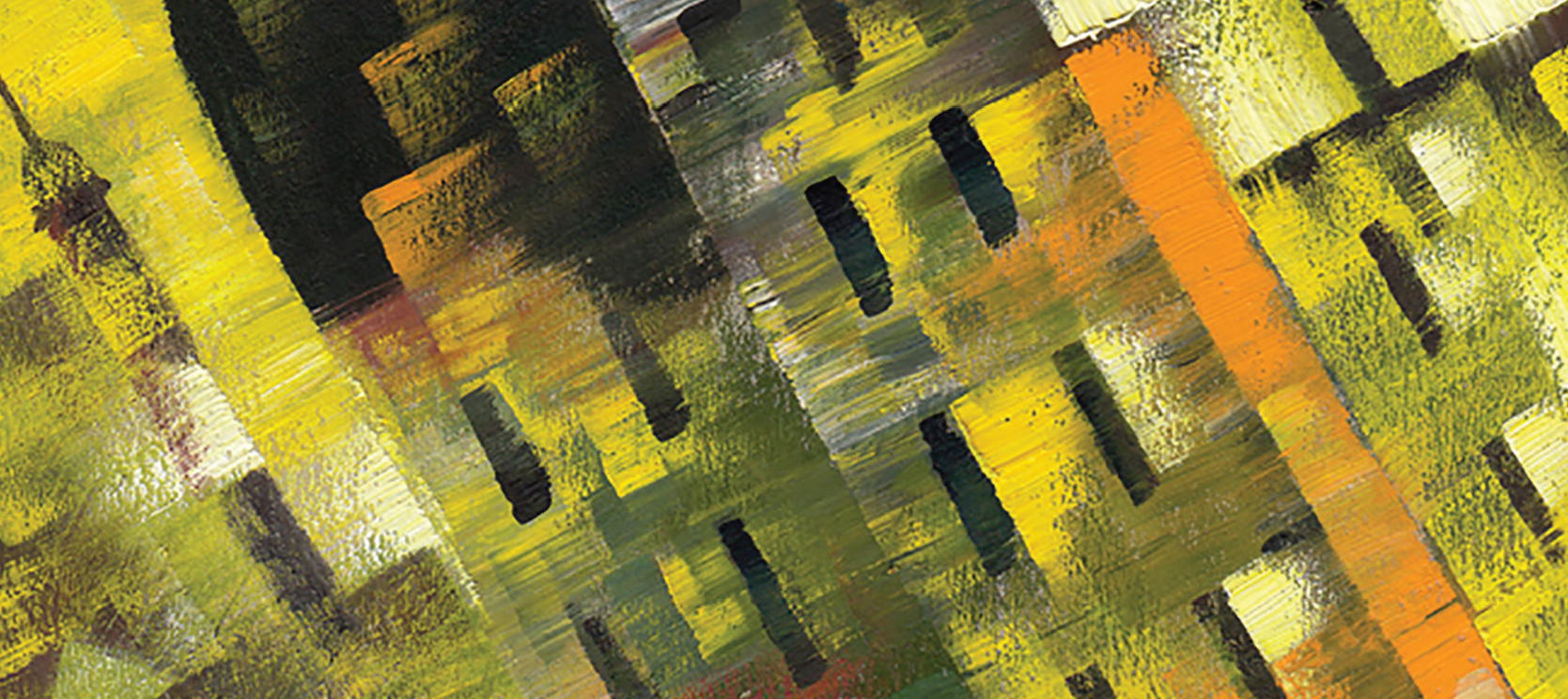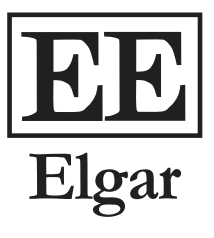 Alistair Cole and Renaud Payre present their fascinating book views the city as a political phenomena.
Alistair Cole and Renaud Payre present their fascinating book views the city as a political phenomena.
Cities as Political Objects emerges from an interdisciplinary encounter and ongoing dialogue on forms of metropolitan governance between scholars from France, Germany, Italy, Spain, the Netherlands and the UK. It all started with a major international conference in the French city of Lyon in November 2014. The City of Lyon was the ideal place for such a conference. Lyon (the French spelling to be preferred here to the English Lyons) was negotiating its own special form of city government, consolidated in the 2014 law known as the MAPTAM. The participation of Lyon-based post-doctoral students and scholars in the conference, co-hosted by the TRIANGLE research laboratory and the Collegium, the Institute of Advanced Studies of Lyon, confirmed the key role of the city and its university in attracting international interest for all thing metropolitan.
What makes this book distinctive? Focusing on the city’s role as the nexus for new forms of relationships between politics, economics and society, the book views the city as a political phenomenon. Its chapters unravel the city’s plural histories, contested political, legal and administrative boundaries, and its policy-making capacity in the context of multi-level and market pressures.
The objective of this book is to reconstitute the historical, political and spatial diversity of processes of metropolitanisation. Reintroducing the political dimension into this process, we distance ourselves from general works that identify metropolitanisation as a uniquely contemporary phenomenon. We also reject the idea that metropolitanisation is a mainly technical response to an overwhelming external necessity. Metropolitanisation involves a process of re-scaling, certainly, but it is best read as a political process that is likely to be resisted by powerful interests. The process of rescaling is a long-term phenomenon; the chapters in this volume are highly sensitive to the socio-historical dynamics involved in the development of more integrated metropolitan areas.
The more we drill down into the dynamics of cities as political actors, the more we are confronted with the polysemic reality of the concept of metropolitanisation. There are several meanings of the word. Rather than foreclosing serious academic endeavor, however, the essentially contested nature of metropolitanisation provides an invitation to confront several levels of analysis.
Rather than a one size fits all process, the book identifies distinct forms
and pathways of metropolitanisation.
The role of the metropolis in the political arena is a recurrent concern. Does the appeal to the larger metropolis (or city region) make sense in terms of electoral strategies, or political careers? Has the process of rescaling also changed the nature of the political game? Has attention shifted from neighbourhoods to city-regions, for example and have political actors scaled up their strategies accordingly?
The role of the metropolitan-level authority as an interface between organisations emerges as a second core issue. The paradigm of territorial competition is sometimes presented in terms of a zero-sum logic, whereby one level and set of actors win out at the expense of another. In the context of deep rivalry between urban centres, cities compete with each other. But such accounts sometimes elude the variable capacity of cities to act as interfaces between the social and political forces they claim to articulate. Do metropolises succeed only where they are embedded in deeper territorial networks? Is their success dependent upon their ability to mediate the demands of lower-level local authorities that have also been strengthened in the course of the past three decades?
How the metropolitan area is legitimized or not provides a third angle of investigation. Do local politicians produce a coherent narrative of the metropolis, for example, as the logical consequence of rescaling, or does the emergence of the city as a political object create new forms of resistance, from specific neighbourhoods, social groups or political parties? Do parties themselves take firm positions on levels of local government or do they prefer to elude these structural questions that are not perceived to be electorally rewarding?
Fourth, what is the role of citizens in these varied metropolitan arenas? Is there evidence of citizen resistance? Do controversies spill into the public sphere? Are citizens mobilized for or against the perception that local affairs are ‘moving up’ to the metropolitan area?
Finally, do metropolitan authorities produce qualitatively different types of public policy? Is there evidence that policy outputs are improved by moving up to the metropolitan scale? Or do successful outcomes depend on the quality of the assemblages that are constructed in specific places (that might or might not crystallize at the metropolitan level)?
Accommodating numerous approaches drawn from a variety of European countries and metropolitan settings, the contributors to this volume make extensive use of case studies in order both to interpret the variety of processes of metropolitanisation at work over the past few decades and provide insight into the various conceptual and theoretical approaches that the social sciences – and the political sciences in particular – have adopted to explain this phenomenon. This book studies cities that have developed their own forms of governance, with tailored institutions, a large policy making capability and sometimes a new democratic legitimacy. It also offers an alternative understanding of cities as objects of public policy; the intended targets of the development of European-level or national urban policies.
Alistair Cole is Professor of Comparative Politics and Renaud Payre is Professor of Political Science at Sciences Po Lyon, France
Cities as Political Objects: Historical Evolution, Analytical Categorisations and Institutional Challenges of Metropolitanisation edited by Alistair Cole and Renaud Payre is available now.
Read Chapter 1: Cities as Political Objects free on Elgaronline.



Leave a Reply